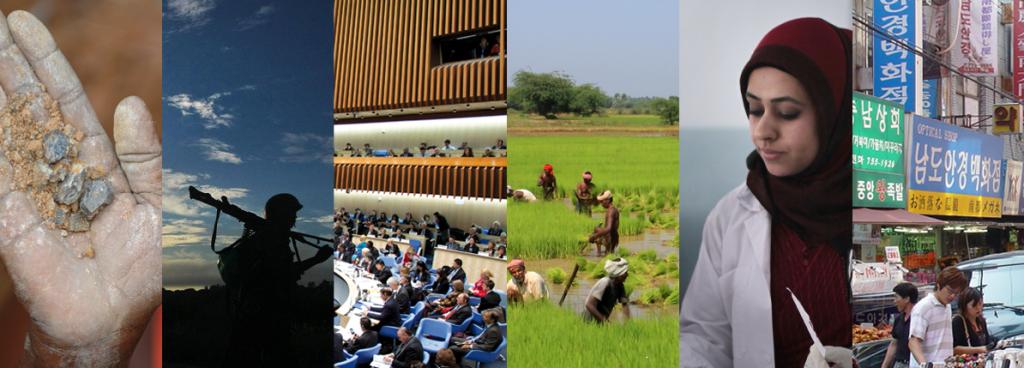Abstract
It is common knowledge that melting icesheets and glaciers are contributing to sea level rise all around the world. Though the physical relationship linking a diminished cryosphere to a distended hydrosphere may seem obvious, very little attention has centered on the social relationships that are unfolding at the juncture of these processes. Using the tools of engaged research, feminist science studies and public anthropology, the research presented here — from the Arctic to global coastal cities — highlights the nascent interconnectivities found in climatological precarity and existential loss. In response to the unprecedented socioecological changes we now feel around the world, this discussion offers a handful of examples for how anthropologists can better work with, and engage, broader publics while undertaking climate justice-based research.
About the Speaker
Cymene Howe is Professor of Anthropology at Rice University and an Invited Researcher for the Oceans Arctic Research Network at the Norwegian University of Science and Technology. Her books include Intimate Activism (Duke 2013), and Ecologics: Wind and Power in the Anthropocene (Duke 2019) — which follows the human and more-than-human lives entwined with renewable energy futures in Southern Mexico. She is co-editor of The Johns Hopkins Guide to Critical and Cultural Theory and the Anthropocene Unseen: A Lexicon (Punctum 2020). Her current research focuses on adaptation responses to the climate crisis in the Arctic region and lower latitude coastal cities. In 2018 she co-produced the documentary film Not Ok: A Little Movie About a Small Glacier at the End of the World and in 2019, working with Icelandic partners, installed the world’s first memorial to a glacier felled by climate change. The Okjökull memorial event served as a global call to action and in memory of a world rapidly melting away.



